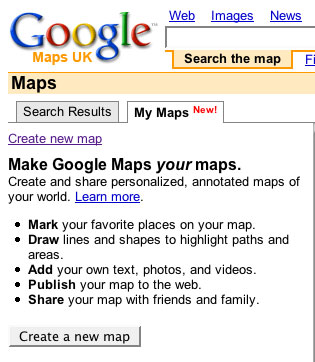From today’s New York Times…
Speaking at the annual shareholder meeting on Thursday, Eric E. Schmidt, the chief executive, said Google’s long array of initiatives was organized around three ideas.
“Our next strategy evolution is to really think about three components,” Mr. Schmidt said. “Search, ads and apps,” he said, using a common shorthand for applications, or software programs.
The move is less a strategy shift than a new message — a way for Google to talk about its disparate initiatives in a way shareholders and the public can readily understand.
“It is worth saying that our underlying mission has not changed,” Mr. Schmidt noted.
The first two — search and ads — are well known to shareholders, and they account for virtually all of the company’s success. The third — apps — puts under one umbrella Google’s growing business of offering an eclectic mix of software.
Mr. Schmidt said the unifying theme behind the seemingly disparate programs was that they resided on the Web, rather than on users’ PCs, and were available wherever there is an Internet connection.
The programs include photo storage, social networking, online calendars, e-mail, instant messaging, word processing and spreadsheets. Most are free, and many compete with paid offerings from Microsoft. But Google has started charging businesses for some of them. “That is a business that looks like it is going to grow very nicely for us,” Mr. Schmidt said.
But a shareholder proposal to force Google to resist censorship in countries with authoritarian regimes like China was defeated “by an undisclosed tally”.
Surprise, surprise. Corporations don’t do ethics, any more than my cats respect fledglings’ rights.



